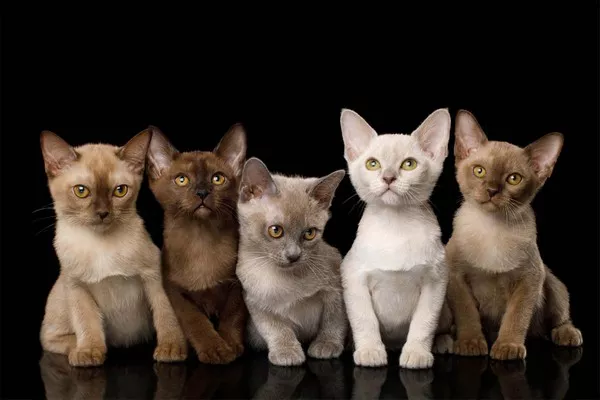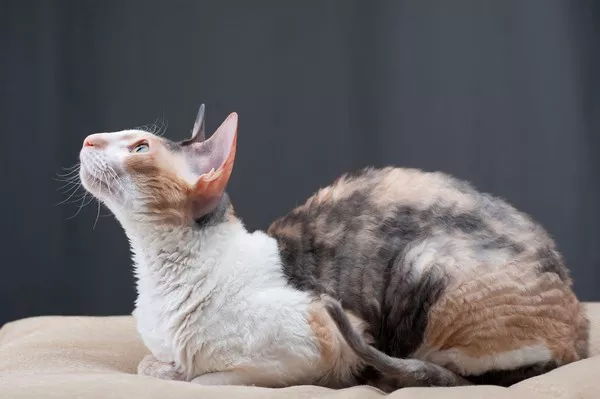Birman cats, also known as the Sacred Cat of Burma, are a popular breed among cat lovers. These beautiful felines are known for their striking good looks and friendly personalities. In this article, we’ll take a closer look at what makes Birman cats so special, including their appearance, temperament, health issues, and more.
Appearance
Birman cats are medium-sized felines with a distinctive coat that is silky, soft, and semi-long. Their coat colors consist of four main patterns: seal point, blue point, chocolate point, and lilac point. The color points are seen on the face, ears, legs, and tail, while the rest of the body is a pale cream color. Birman cats have bright blue eyes that give them an enchanting expression. They have a muscular build, but they’re not too heavy or stocky.
Personality
Birman cats are known for their gentle nature, loving personalities, and sociable behavior. They are affectionate and enjoy being around people, making them an excellent choice for families with children. Birmans are playful and can be quite active, but they’re not overly demanding when it comes to exercise. These cats have a unique habit of standing on their hind legs, which some owners find endearing and entertaining.
Health Issues
Like all breeds, Birman cats are prone to certain health issues. One of the most common problems is hypertrophic cardiomyopathy (HCM), a condition that affects the heart. HCM can lead to heart failure or sudden death, but it can be managed with medication if caught early. Other health issues that can affect Birman cats include feline lower urinary tract disease, which causes painful urination, and dental problems.
Grooming
Birman cats require regular grooming to keep their long, soft coats in good condition. Brushing once or twice a week should be enough to remove loose hair and prevent matting. Birmans are generally clean cats and don’t require frequent baths, but their eyes should be cleaned regularly to prevent tear staining.
Training
Birman cats are intelligent and can be trained to do tricks and respond to commands. Positive reinforcement techniques work best when training these cats. They respond well to treats and praise and enjoy spending time with their owners.
What are the disadvantages of Birman cats?
Like any cat breed, Birman cats also have some potential disadvantages that should be considered before deciding to get one as a pet. Here are a few:
1. Grooming needs: Birman cats have long hair that needs regular grooming to prevent matting and tangles. This can be time-consuming and require some effort on the part of the owner.
2. Health issues: Some Birman cats may be prone to certain health conditions such as hypertrophic cardiomyopathy (HCM), a type of heart disease. It’s important to choose a reputable breeder who screens their cats for genetic conditions.
3. Separation anxiety: Birman cats can be very social and may develop separation anxiety if left alone for long periods of time. They may become destructive or exhibit other problematic behaviors if they are not given enough attention.
4. Shedding: Birman cats shed their winter coat heavily in the spring, which can be a problem for people with allergies or those who don’t want to deal with a lot of cat hair around the home.
It’s important to weigh these potential disadvantages against the many positive qualities of the Birman breed when considering whether it’s the right cat for you.
Conclusion
Birman cats are a wonderful breed that makes a great addition to any household. Their striking good looks, gentle nature, and playful personalities make them a favorite among cat lovers. Like all breeds, they have certain health issues to watch out for, but with proper care and attention, they can live long, healthy lives. If you’re looking for a friendly, sociable, and loving feline companion, a Birman cat might be the perfect choice for you.








![Are Birman Cats Cuddly?[Revealed!]](https://www.catsmeowweb.com/wp-content/uploads/2023/06/birman-cat-26.webp)

















